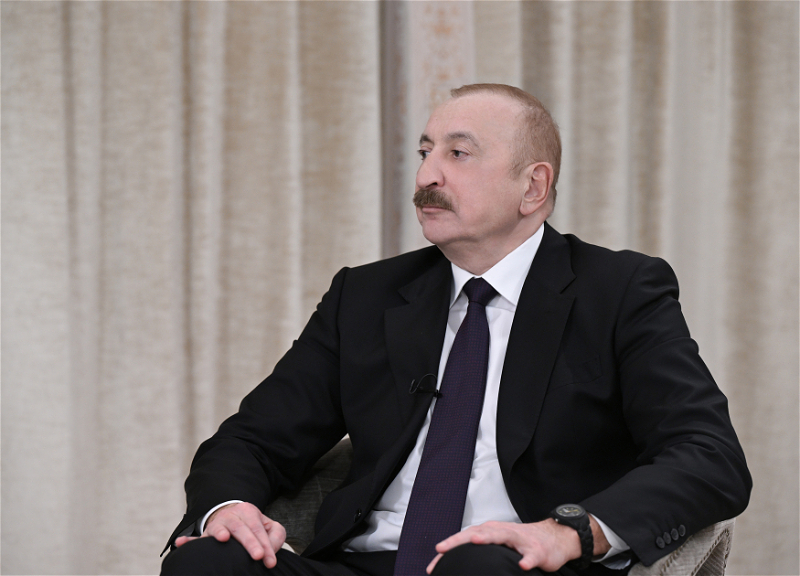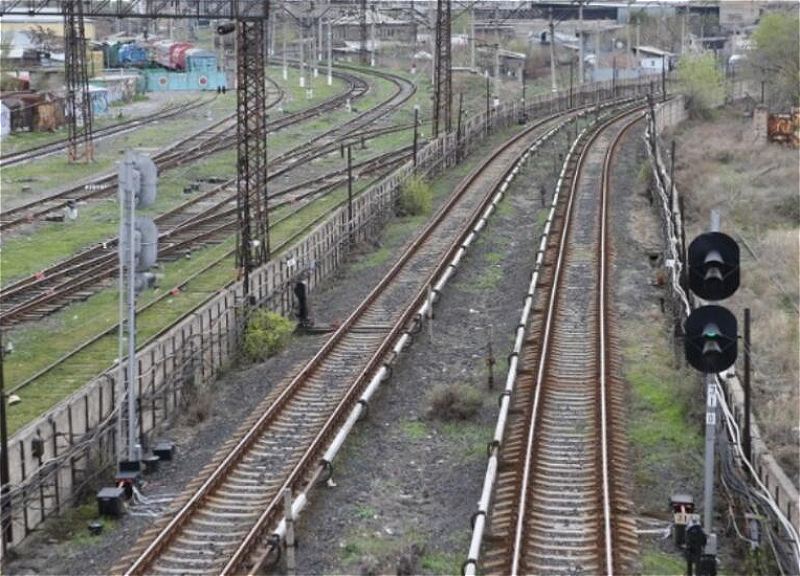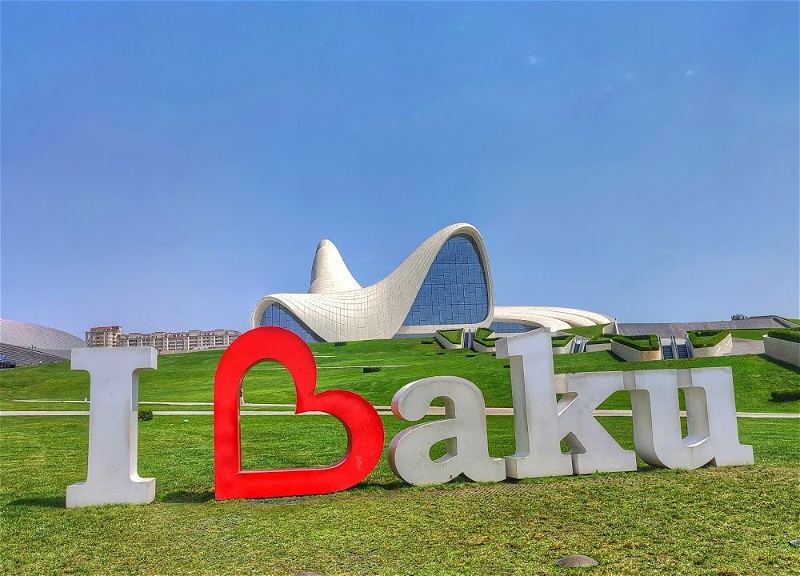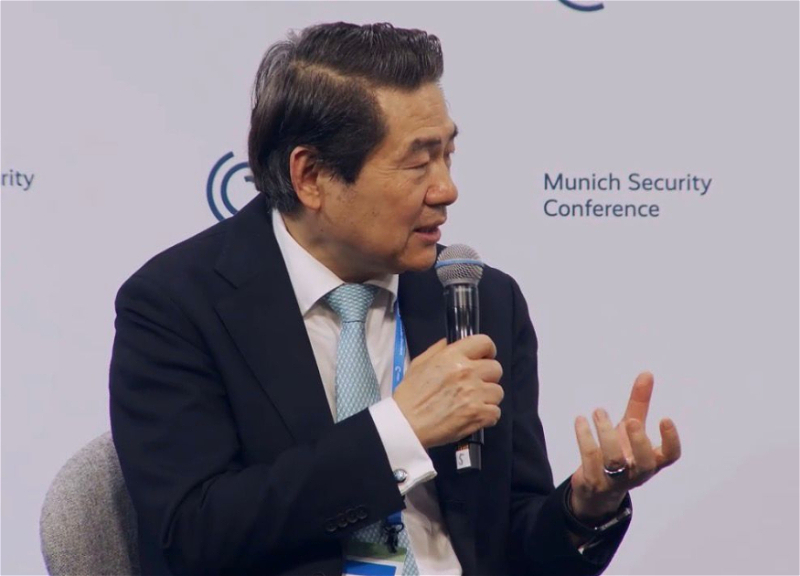Новости Азербайджана
Главные новости

Xроника
Президент Ильхам Алиев принял участие в панельных дискуссиях в Мюнхене - ФОТО - ОБНОВЛЕНО
14 февраля в рамках Мюнхенской конференции по безопасности состоялись панельные дискуссии на тему «Политика открытых коридоров? Углубление Транскаспийского сотрудничества». Как сообщает ...
Xроника
Ильхам Алиев: «Подписание официального мирного соглашения зависит от того, когда будет изменена конституция Армении» - ВИДЕО
Я надеюсь, что мы подпишем мирное соглашение в этом году. Я уже говорил об этом неоднократно, отмечая, что сам факт ...
Xроника
В Мюнхене состоялась встреча президентов Азербайджана и Украины - ОБНОВЛЕНО
14 февраля в Мюнхене состоялась встреча Президента Азербайджанской Республики Ильхама Алиева с Президентом Украины Владимиром Зеленским. Как сообщает АЗЕРТАДЖ, в ходе ...
Xроника
Президент Ильхам Алиев встретился в Мюнхене с верховным представителем ЕС по иностранным делам и политике безопасности - ОБНОВЛЕНО
14 февраля Президент Азербайджанской Республики Ильхам Алиев встретился в Мюнхене с верховным представителем Европейского Союза по иностранным делам и политике ...
Политика







































